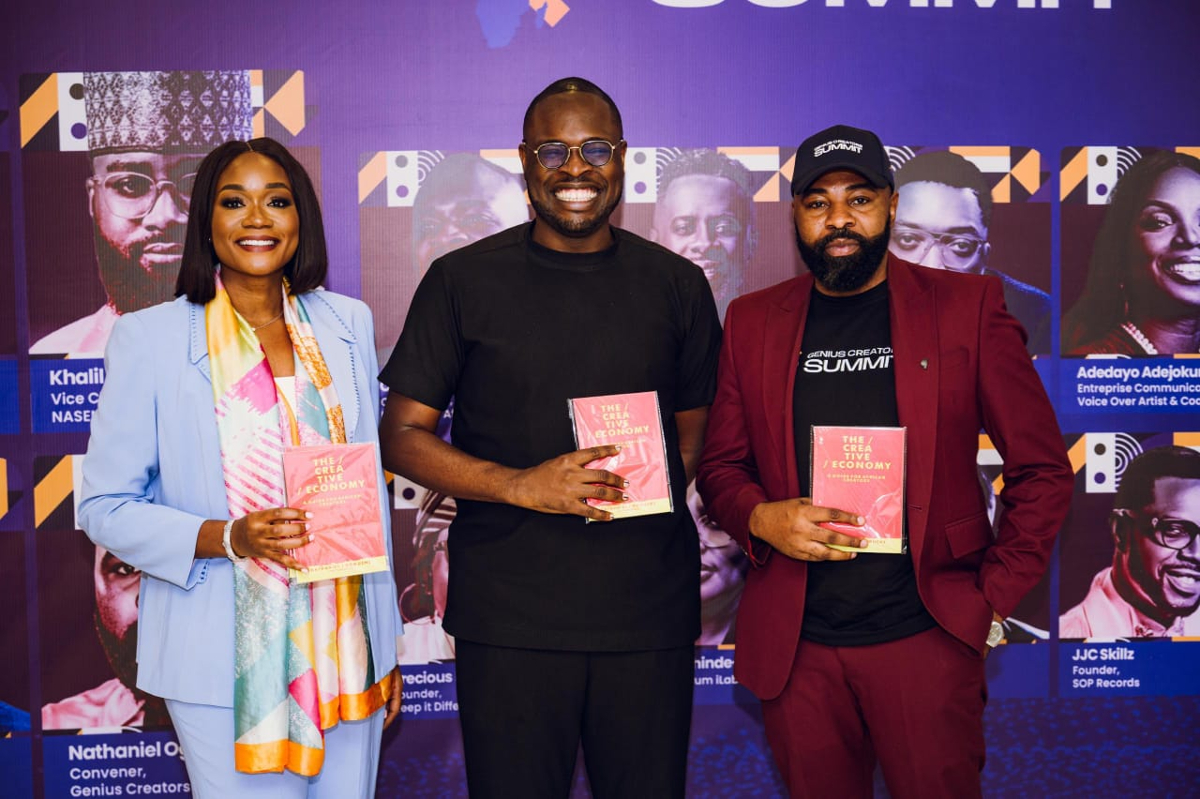A health researcher and Science-Policy Communications Fellow with Nigeria Health Watch, Emmanuella Nzeribe, has called for renewed efforts to enforce the Violence Against Persons Prohibition (VAPP) Act and end the practice of Female Genital Mutilation (FGM) in Nigeria.
Nzeribe made the call while speaking on the continued prevalence of FGM, ten years after the VAPP Act was enacted in 2015 to protect women and girls from gender-based violence.
According to her, despite the law’s existence, enforcement remains weak across most states, leaving millions of girls vulnerable.
“It’s not that we don’t have the law. The problem is that the law has not been brought to life,” she said. “We have a strong legal shield, but no one is holding it up to protect the girls it was meant for.”
Recent national data show that about 20 percent of Nigerian women aged 15 to 49—around 10 million—have undergone FGM, with rates exceeding 40 percent in some communities, particularly in parts of the Southeast and Southwest.
Nzeribe noted that while 35 states have domesticated the VAPP Act, few have taken active steps to fund public awareness or train law enforcement officials to implement and prosecute offenders.
“It’s not enough to sign the papers,” she said. “Without training, awareness, and clear accountability, the law will just be a headline, not a lifeline.”
She described FGM as a deeply entrenched cultural practice often carried out by untrained traditional practitioners, despite being condemned globally by the World Health Organization.
The practice, she said, causes severe physical and psychological harm, including bleeding, infection, complications during childbirth, chronic pain, and long-term trauma.
Nzeribe urged the federal and state governments to move from “ceremony to action” by enforcing the VAPP Act and funding education campaigns that reach communities in local languages and cultural contexts.
“The National Assembly needs to demand progress reports, and governors must go beyond domestication to real enforcement,” she said. “We can’t keep celebrating the existence of a law while girls continue to bleed.”
She emphasized that ending FGM in Nigeria requires political will, sustained public awareness, and stronger institutional commitment.
“We must decide if this shield will remain unfinished, or if we will finally use it to protect our daughters,” she added.






